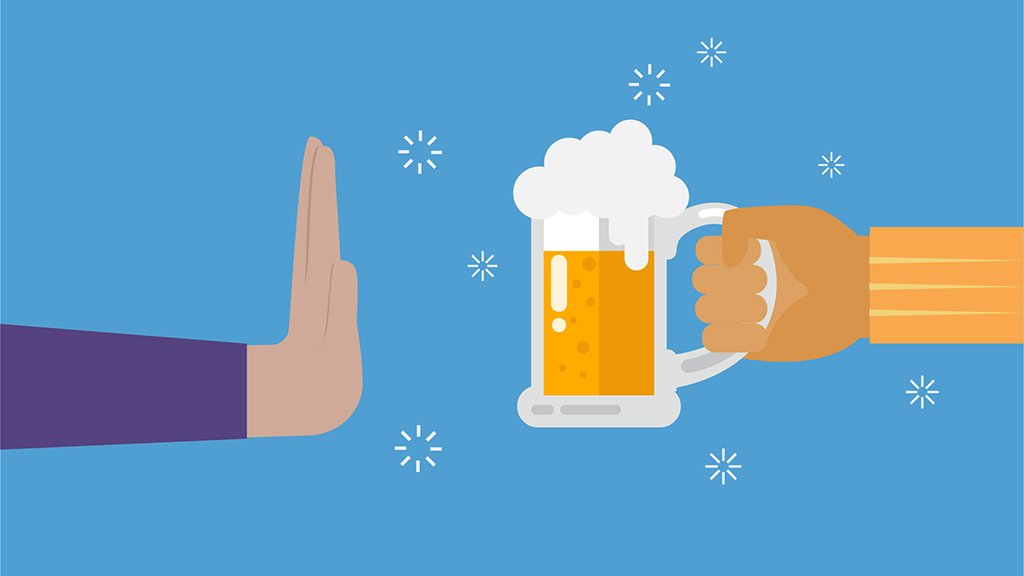- Diseases
- Acoustic Neuroma (14)
- Adrenal Gland Tumor (24)
- Anal Cancer (66)
- Anemia (2)
- Appendix Cancer (16)
- Bile Duct Cancer (28)
- Bladder Cancer (68)
- Brain Metastases (28)
- Brain Tumor (230)
- Breast Cancer (718)
- Breast Implant-Associated Anaplastic Large Cell Lymphoma (2)
- Cancer of Unknown Primary (4)
- Carcinoid Tumor (8)
- Cervical Cancer (154)
- Colon Cancer (164)
- Colorectal Cancer (110)
- Endocrine Tumor (4)
- Esophageal Cancer (42)
- Eye Cancer (36)
- Fallopian Tube Cancer (6)
- Germ Cell Tumor (4)
- Gestational Trophoblastic Disease (2)
- Head and Neck Cancer (6)
- Kidney Cancer (124)
- Leukemia (344)
- Liver Cancer (50)
- Lung Cancer (288)
- Lymphoma (284)
- Mesothelioma (14)
- Metastasis (30)
- Multiple Myeloma (98)
- Myelodysplastic Syndrome (60)
- Myeloproliferative Neoplasm (4)
- Neuroendocrine Tumors (16)
- Oral Cancer (100)
- Ovarian Cancer (170)
- Pancreatic Cancer (166)
- Parathyroid Disease (2)
- Penile Cancer (14)
- Pituitary Tumor (6)
- Prostate Cancer (144)
- Rectal Cancer (58)
- Renal Medullary Carcinoma (6)
- Salivary Gland Cancer (14)
- Sarcoma (236)
- Skin Cancer (296)
- Skull Base Tumors (56)
- Spinal Tumor (12)
- Stomach Cancer (60)
- Testicular Cancer (28)
- Throat Cancer (90)
- Thymoma (6)
- Thyroid Cancer (98)
- Tonsil Cancer (30)
- Uterine Cancer (78)
- Vaginal Cancer (14)
- Vulvar Cancer (18)
- Cancer Topic
- Adolescent and Young Adult Cancer Issues (20)
- Advance Care Planning (10)
- Biostatistics (2)
- Blood Donation (18)
- Bone Health (8)
- COVID-19 (362)
- Cancer Recurrence (120)
- Childhood Cancer Issues (120)
- Clinical Trials (626)
- Complementary Integrative Medicine (24)
- Cytogenetics (2)
- DNA Methylation (4)
- Diagnosis (230)
- Epigenetics (6)
- Fertility (64)
- Follow-up Guidelines (2)
- Health Disparities (14)
- Hereditary Cancer Syndromes (124)
- Immunology (18)
- Li-Fraumeni Syndrome (8)
- Mental Health (118)
- Molecular Diagnostics (8)
- Pain Management (62)
- Palliative Care (8)
- Pathology (10)
- Physical Therapy (18)
- Pregnancy (18)
- Prevention (896)
- Research (390)
- Second Opinion (74)
- Sexuality (16)
- Side Effects (604)
- Sleep Disorders (10)
- Stem Cell Transplantation Cellular Therapy (216)
- Support (404)
- Survivorship (322)
- Symptoms (184)
- Treatment (1776)
A dietitian’s take on colostrum supplements
3 minute read | Published March 28, 2024
Medically Reviewed | Last reviewed by an MD Anderson Cancer Center medical professional on March 28, 2024
Recently, colostrum supplements have been gaining popularity online and across social media.
These dietary supplements are a powdered version of the first milk a cow releases after giving birth. They are marketed as beverage mix-ins designed to be taken multiple times a day.
Colostrum supplements advertise a variety of health benefits that include:
- supporting gut health
- strengthening the immune system
- aiding in muscle recovery
- boosting health at a cellular level
If you are considering adding a colostrum supplement to your diet, you might have a few questions. Isn’t colostrum meant for newborns? Do these products benefit adults? And how do we know if they live up to their promises?
We spoke with wellness dietitian Lindsey Wohlford to learn more.
What is colostrum?
“Colostrum is a nutrient-dense fluid that is released from the breast of mammals after they give birth for the purpose of providing nourishment and certain nutrients to their young,” Wohlford says.
All female mammals, including humans, produce colostrum in the days after giving birth. Wohlford says colostrum provides newborns with nutrients that help strengthen their delicate immune system. These include:
- protein
- essential fatty acids
- antioxidants
- antibodies
Can adult humans benefit from taking bovine colostrum supplements?
Initial studies do show some promise with colostrum in certain areas such as immune function and gut health, Wohlford says.
However, research into colostrum supplements in humans is still in the early stages. For this reason, Wohlford notes it is too soon to say for sure whether bovine colostrum supplements can benefit humans.
“Further studies are needed, and more robust data collected, before a clear recommendation can be made on usage,” she says.
Until this happens, Wohlford doesn’t recommend taking colostrum supplements.
Are there any risks of taking colostrum supplements?
It is also important to remember that supplements, including colostrum supplements, are not regulated by the Food and Drug Administration (FDA.)
“This means standard formulations and regulations for production do not exist,” Wohlford says.
Additionally, she notes that if you are sensitive to dairy products, you will want to avoid colostrum supplements.
Are there other ways to get these nutrients?
While new products can be enticing, you don’t need to spend money on additional supplements to meet your health goals.
In fact, you likely already have powerful sources of nutrients right in your own fridge or pantry.
“Choosing a whole food, plant-based eating pattern is one of the best ways to ensure you consume nutrient-rich foods that best nourish your body,” Wohlford says, adding that it is easier for the body to absorb nutrients from food than from supplements.
Another plus? Whole foods offer a variety of nutrients! These nutrients can work together to boost their nutritional function, Wohlford says.
“Supplements typically offer individual nutrients whereas foods offer a wide variety of nutrients,” she says.
MD Anderson dietitians recommend choosing healthy options. For meals, this might look like filling two-thirds of your plate with whole grains, vegetables, fruits, beans, nuts and seeds. The remaining one-third can be lean animal protein or plant-based protein.
How do I know if I need to take a supplement?
Not sure if you might benefit from a colostrum supplement – or any supplement, for that matter?
Talk with your doctor or another healthcare provider. These professionals can take a closer look at your health to help you make the best decision.
“Your physician or registered dietitian will let you know if a supplement of any sort is needed,” Wohlford says.
In addition to providing personalized health information, your doctor can also provide research-backed support.
“There are many sources of information on health and nutrition in the world today,” Wohlford says. “It is important to make sure you seek advice from medical professionals, like your doctor, to ensure the information you are provided with is evidence-based. Even if there are scientific studies done on a supplement or food, it does not necessarily mean it is safe for you to use. Your physician will be able to interpret research and provide you with safe and reliable recommendations.”
Request an appointment at MD Anderson online or call 1-877-632-6789.

Further studies are needed before a clear recommendation can be made.
Lindsey Wohlford
Wellness dietitian





